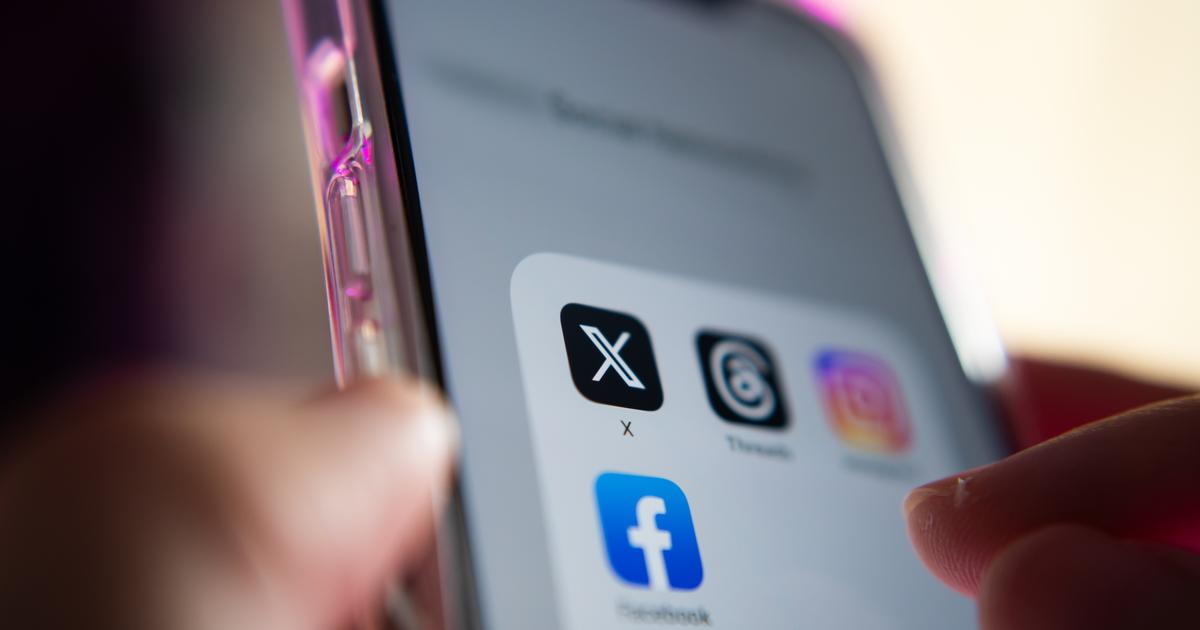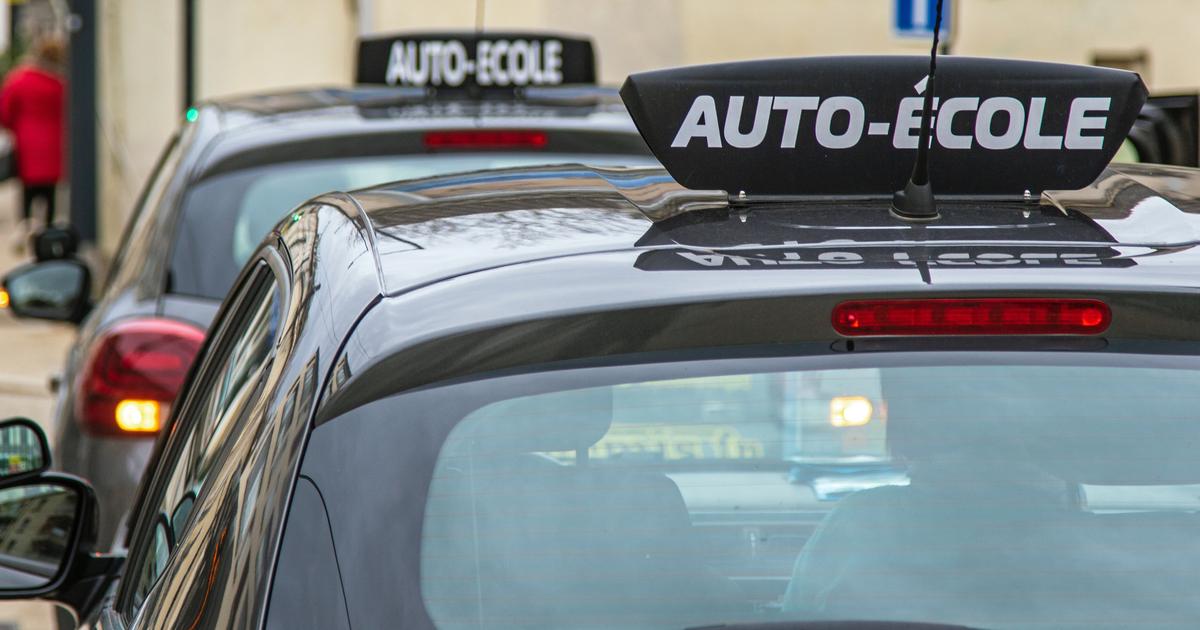This mother lost her job due to the pandemic and depends on donations 4:03
(CNN) -
The economic upheaval from the covid-19 pandemic is causing many Americans to fall behind in paying their utility bills.
At least 79.5 million American adults live in households that are struggling to pay for common household expenses during the pandemic, according to the latest Census Bureau's Household Pulse Survey.
That represents 33% of the 249 million Americans over the age of 18.
Now many are faced with the difficult decision of which basic need to satisfy.
Although at least 33 states enacted moratoriums on the disconnection of public services under the COVID-19 framework, many of these have expired or are scheduled to expire in the coming weeks.
"We will probably reach 40 states that will have no protection by the end of the month," said Charlie Harak, senior attorney at the National Center for Consumer Law, specializing in energy and consumer utilities.
The National Association of Energy Assistance Directors estimates that this could leave 205.4 million Americans at risk of losing service.
Most alarming, Harak said, is the upward trend in those who do not consider themselves "low-income" customers and are falling behind.
advertising
"The poor are not being left behind en masse due to covid, they are the people who do not have low incomes," he said.
"You cannot live in your own house without public services," he added.
Below you can find the resources for those who may be at risk of disconnection from public services, compiled by Impacta tu mundo.
Energy
To apply for energy assistance, Harak says the Low Income Home Energy Assistance Program (LIHEAP) is a great place to start.
The program is an initiative funded by the federal government.
Its goal is to help low-income households pay their heating and cooling bills.
It operates in all states and on most tribal reservations and US territories.
At the beginning of the pandemic, Congress infused the program with $ 900 million as part of the CARES Act.
The LIHEAP Information Center has more facts and information on how eligibility is determined.
If you don't qualify for LIHEAP, but need help paying your energy bills, your local social services agency may have other resources available.
Harak suggests that you contact your gas, oil or electric company to inquire about billing budget programs or alternative payment options, especially for vulnerable customers such as people with disabilities or the elderly.
"Many states have certain protections against disruption (of services) for vulnerable populations," Harak said.
You may be eligible for a payment plan for your utility bills.
Or for an Arrears Management Program (AMP) that will provide you with a payment plan and bill credits for on-time payments.
Water
Long before the pandemic, access to water was a constant problem in the United States.
"Twenty million Americans are struggling to access clean, safe and affordable water," said Monica Lewis-Patrick, executive director of We the People of Detroit, which advocates for water affordability and other causes.
“There are many Americans who do not have to imagine a day without water.
They are already experiencing it, ”he remarked.
Moratoriums on cuts covering water are lacking in most states.
And because of this millions more are at immediate risk of losing what Lewis-Patrick calls a "basic human right."
There are no federal assistance programs to pay your water bills.
If you have difficulty paying the bill during this time, you should first contact your local water department.
While direct financial assistance is not common, they may offer you a plan that will help you pay the balance on your water bill over time in some type of installment program.
Some initiatives that may be useful to you
You may also be eligible to receive additional assistance on your water bill from one of the following programs:
The
Low Income Individual Payment Program
(LIPP) is a good option for low income families.
Along with cash grants, the program offers installment payment plans.
These can include a 20% discount on your total monthly bills.
The
H2O Help to Others program
offers emergency aid, grants and other discounts to help those at risk of having their water turned off.
This program also educates customers on good water consumption habits.
The
Assistance Programs Client
(CAPS acronym in English) have discounts on bills, structures and special rates to help customers with financial difficulties to maintain water service.
Utility assistance charity programs
Local religious or nonprofit organizations may have funds available to help you stay connected through their emergency assistance programs.
Charities like the Salvation Army and the United Way provide emergency assistance with public services.
In addition, United Way operates the 2-1-1 helpline and mobile app, which provides referrals to programs that help with food, housing, financial support, utility problems, and more 24 hours a day.


/cloudfront-eu-central-1.images.arcpublishing.com/prisa/Q6UJ4IEP6ZGLZLS3MSHF7LNYOU.jpg)












